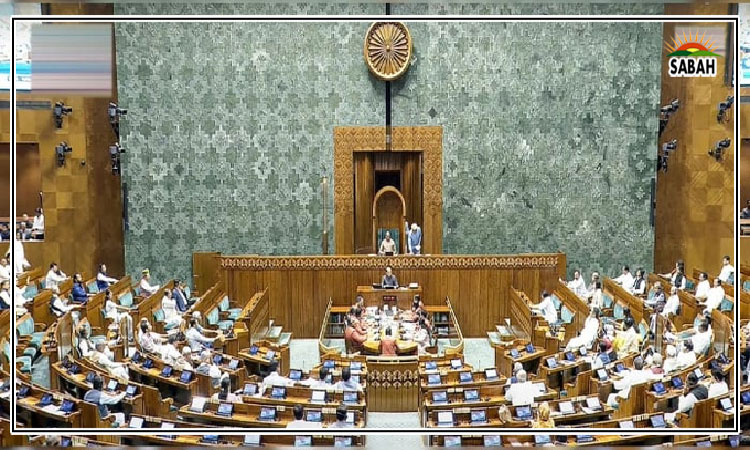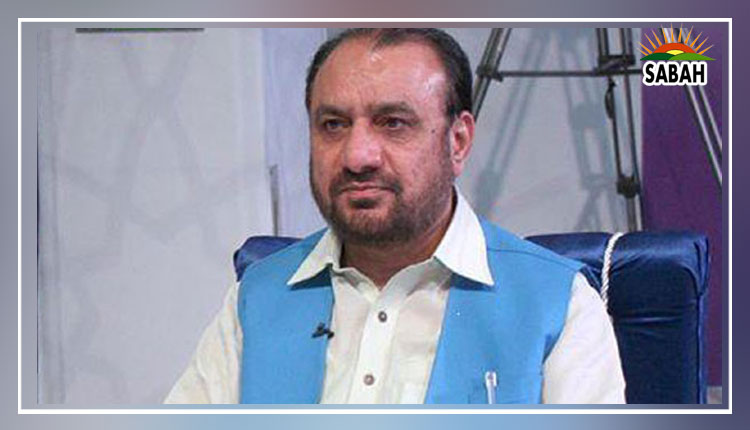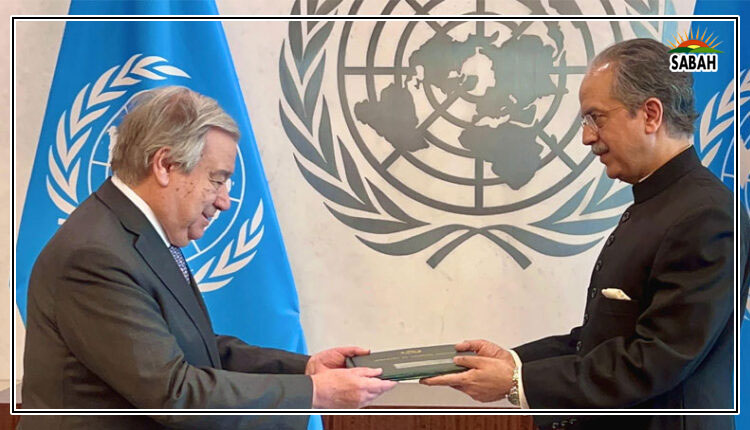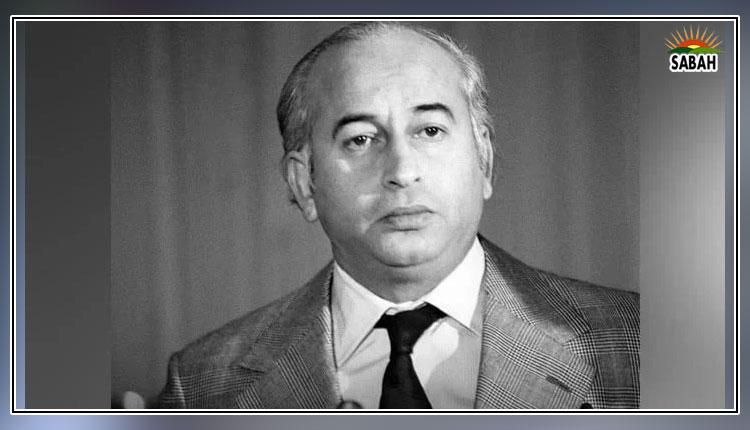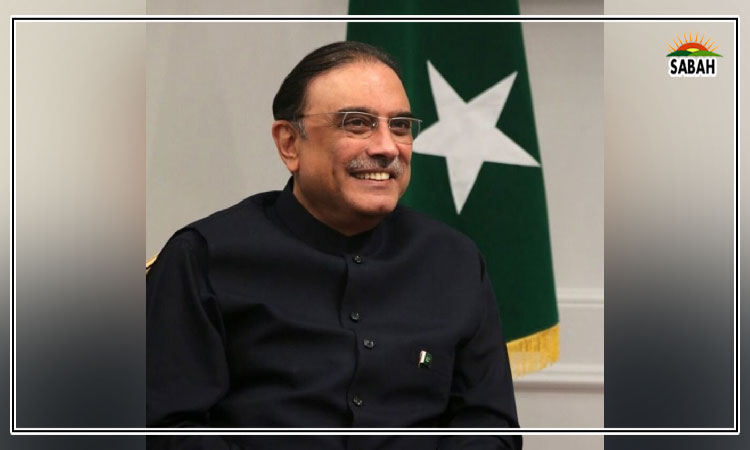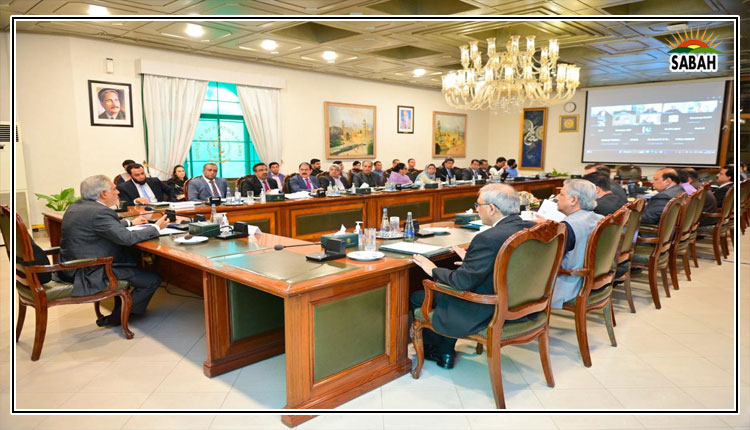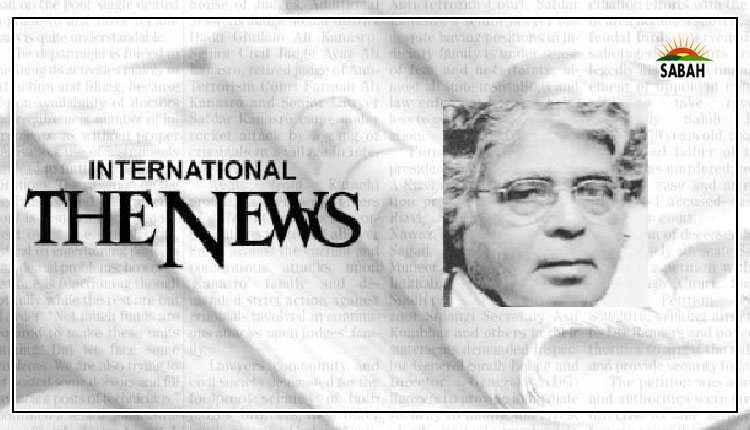Charisma and its discontents By Ghazi Salahuddin
In this election year, when the crisis of Pakistan is deepening by the day, the PML-N is trying to reimagine itself. Or so it seems with the torch, in a sense, being passed to a new generation. Now, Maryam Nawaz, the charismatic figure of the party, is put at the helm and the question is whether her charisma will click in these very difficult circumstances.
Some complexities of this change of guard have been underlined by the resignation of Shahid Khaqan Abbasi from his position as the senior vice president of the party the same post that Maryam Nawaz has assumed as the chief organizer. His stature is certified by the fact that in a dynastic setting, he was chosen to become prime minister and he proved his mettle in that role.
But, thankfully for the party, there is no appearance of any generational conflict in this development. Both Shahid Khaqan and Maryam Nawaz have been respectful of the others position. Still, the change will have its own dynamics. Benazir Bhutto had to deal with the uncles in a different context. Long years ago, Indira Gandhi had her fights with the old guard of the Congress party.
Maryam Nawaz has an unusual role because she will remain under her fathers wing. It will be interesting to see how this relationship will work and what perception would emerge of Maryam Nawazs autonomy in taking big decisions. Her credentials as a charismatic figure will be tarnished if she is not seen to be leading from the front.
This may be a diversion from more urgent political and economic developments but I feel tempted to dwell a bit on the role of charisma and dynasty in Pakistans politics. Perhaps I should cast the net wider and also allude to South Asias rather unique experience of charismatic leadership and dynastic politics. The worlds first female prime minister was Sirimavo Bandaranaike who, in 1960, was elected in Sri Lanka (then Ceylon) after her husband was assassinated.
Benazir Bhutto set another record by becoming the first Muslim woman to be elected as the chief of government. We have Sheikh Hasina Wajid as the prime minister in Bangladesh and she has just earned the distinction of becoming the worlds longest-serving head of government. When her father Sheikh Mujibur Rahman, founder of Bangladesh, was assassinated in a coup in August 1975, around 21 members of the family and his associates were also massacred. Sheikh Hasina happened to be abroad at that time.
We generally do not see that in this light, but there was this very dramatic and overpowering demonstration of the dynastic principle when Ms Fatima Jinnah, an old women living in retirement, challenged Ayub Khan, the powerful military dictator. The simple fact that she was the Quaids sister made Ms Jinnah impregnable in that political contest, compelling Ayub Khan to rig the presidential poll.
We need to return to the present. There are reasons why countries of low political culture like Pakistan yearn for a charismatic leader in a time of crisis. In many ways, our quintessential charismatic leader was Zulfikar Ali Bhutto. Every aspiring leader has wanted to become a Bhutto. Imran Khan himself has expressed his admiration of Bhutto.
There is no doubt that Imran Khan is a charismatic leader, though a Bhutto he is not. He has a cult following and a personal focus distinguishes his politics. He does not tire of censuring the PML-N and the PPP for being dynastic but he is himself, as a charismatic leader, some kind of a dynast.
Anyhow, there are two fundamental problems with Imran Khans charisma. One, he earned it in cricket or sports in general. Now consider Bhuttos apprenticeship in the high echelons of national politics. What is crucial here is the difference between sports and politics. In sports, you develop the killer instinct to defeat your opponents and you retain no contact with them after the game is over.
In politics, you have to be constantly in touch with your opponents. It is a game of negotiations and compromise. The winners and losers have to sit together and often work together. Bhutto, like most charismatic leaders, had an authoritarian streak. At the same time, he had that special gift of negotiating a deal that made the historic 1973 constitution of Pakistan possible. Playing a weak hand, he signed Simla Agreement with Indira Gandhi.
In addition to Imran Khans deficient political temperament, the other problem is that he is not so enriched in an intellectual or emotional or moral context. The PTI leader is at present facing some dire challenges. There are a number of court cases pending and the likelihood of his disqualification is becoming stronger. The party is very much under pressure, with rumours circulating that a number of senior leaders, including possibly Imran himself, would soon be arrested.
But Imran Khans troubles do not naturally constitute an advantage for Maryam Nawaz, who is assigned the onerous task of raising the spirits of the PML-Ns rank and file in the face of the ruling coalitions poor performance. This is really a tough time for waging a political campaign.
Actually, it seems totally bizarre to be talking politics and elections in the present circumstances, in a week that is bloodied with that ghastly terrorist bombing of a mosque in Peshawar. There is also the threat of an economic collapse which, for ordinary people, is manifest in the rising cost of living. No one is sure about what the reality is but the perception is unreservedly depressing.
Prime Minister Shehbaz Sharif said this on Friday, with reference to ongoing discussions with an IMF delegation: Our economic challenge at this moment is unimaginable. The conditions we have to fulfil are beyond imagination.
Similarly, the leader we need appears to be beyond our dreams.
Courtesy The News


